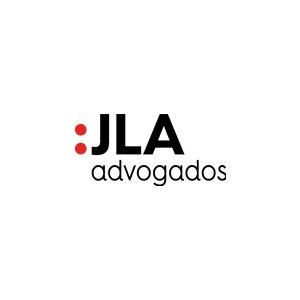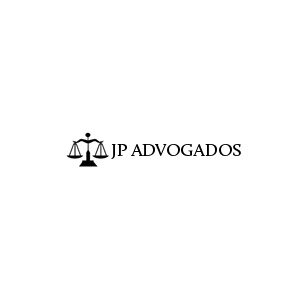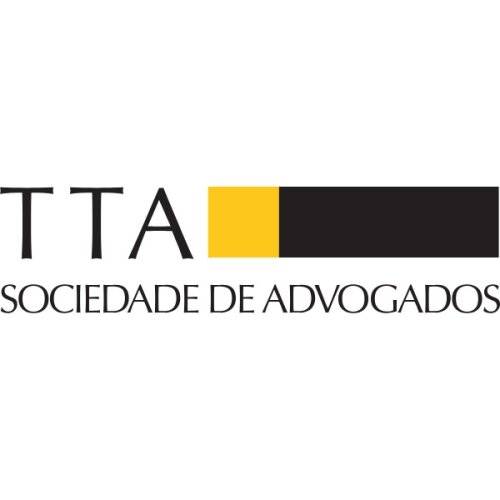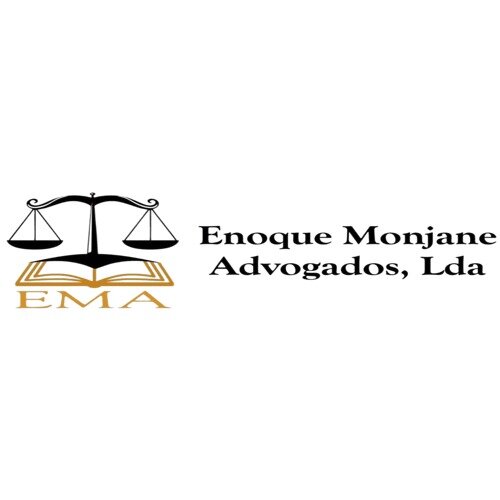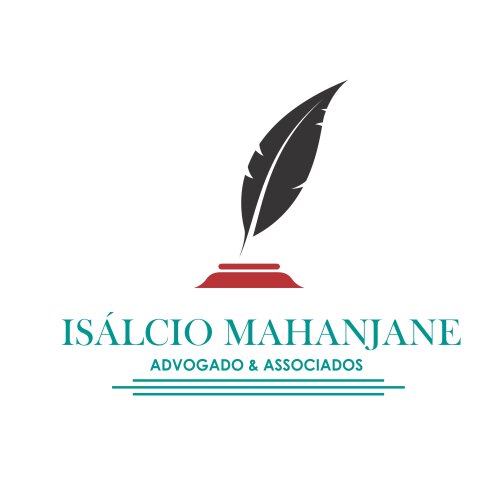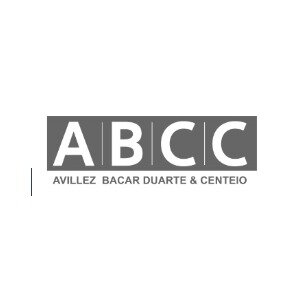Best Nonprofit & Charitable Organizations Lawyers in Mozambique
Share your needs with us, get contacted by law firms.
Free. Takes 2 min.
Or refine your search by selecting a city:
List of the best lawyers in Mozambique
About Nonprofit & Charitable Organizations Law in Mozambique
Nonprofit & Charitable Organizations in Mozambique play a crucial role in various sectors, from healthcare and education to environmental conservation and social welfare. These organizations are primarily governed by Mozambican law, which outlines specific frameworks and regulations for their formation, operation, and management. Understanding these laws is essential for both the establishment and sustainable operation of such organizations. The legal landscape in Mozambique ensures that nonprofits operate in alignment with their goals while maintaining transparency and accountability.
Why You May Need a Lawyer
Legal assistance can be invaluable for nonprofits in several situations. Common scenarios include:
- Registering a new nonprofit organization to ensure compliance with local laws and regulations.
- Drafting or reviewing organizational documents such as bylaws, governance policies, and fundraising guidelines.
- Navigating tax laws and ensuring the organization retains its tax-exempt status if applicable.
- Handling disputes within the organization or with third-party entities.
- Ensuring proper employment contracts and HR policies for staff and volunteers.
- Guidance on dealings with governmental bodies or international partners.
Local Laws Overview
The legal framework governing Nonprofit & Charitable Organizations in Mozambique includes several key legislations and policies. Key aspects include:
- Registration: Nonprofits must register with the appropriate governmental authorities, and the process typically involves the submission of organizational statutes.
- Compliance and Reporting: Organizations are required to maintain regular reporting practices, demonstrating adherence to their stated mission and financial transparency.
- Taxation: While many nonprofits enjoy certain tax privileges, they must comply with specific regulatory requirements to maintain these benefits.
- Labor Laws: Organizations must adhere to Mozambique's employment regulations, which cover contracts, wages, and worker rights.
- Governance: Clear guidelines exist regarding governance structures, including the roles and responsibilities of board members.
Frequently Asked Questions
How do I start a nonprofit organization in Mozambique?
To establish a nonprofit, you will need to draft a constitution for your organization and register it with the Ministry of Justice or other relevant governmental body. Legal advice can ensure that you meet all necessary regulatory requirements.
What tax exemptions are available for nonprofits?
Nonprofits may be eligible for various tax exemptions; however, they must apply for these and demonstrate compliance with specific conditions set by the tax authorities.
Are there restrictions on fundraising activities?
Yes, fundraising activities are regulated to ensure legality and ethical standards. Compliance with these regulations is required to conduct fundraising efforts legally.
What are the roles and responsibilities of board members?
Board members have fiduciary duties to act in the best interest of the organization, ensuring good governance and adherence to the mission and legal requirements.
Can a nonprofit engage in commercial activities?
Nonprofits can engage in commercial activities as long as those activities align with their mission. However, any income generated must be reinvested into the organization’s objectives.
What is required in terms of financial reporting?
Organizations must maintain transparent financial records and submit annual reports to demonstrate the proper use of funds and compliance with legal obligations.
Is volunteer engagement regulated under Mozambican law?
Yes, volunteer engagement is subject to labor laws, ensuring fair treatment and compliance with work-related standards even when staff are unpaid.
Can international organizations establish branches in Mozambique?
Yes, international organizations can establish branches, but they must comply with Mozambique’s local registration and operational requirements.
Are there specific laws governing environmental or educational nonprofits?
While general nonprofit laws apply, certain sectors may have additional regulations. It's advisable to consult legal experts familiar with specific industries.
How does Mozambique handle non-compliance by nonprofits?
The government may impose penalties, suspension, or even dissolution for nonprofits that fail to comply with legal standards. Regular audits and internal reviews are recommended to avoid such scenarios.
Additional Resources
For further assistance, consider reaching out to:
- The Ministry of Justice for registration and compliance queries.
- The Tax Authority for information on tax laws and exemptions.
- Local legal firms specializing in nonprofit law for detailed legal advice.
- NGO networks and associations in Mozambique for guidance and support.
Next Steps
If you require legal assistance, consider the following steps:
- Identify your specific needs and compile any relevant documents.
- Consult with a legal expert familiar with nonprofit law in Mozambique.
- Attend workshops or seminars on nonprofit management and legal matters.
- Regularly review organizational practices to ensure ongoing compliance with local laws.
Lawzana helps you find the best lawyers and law firms in Mozambique through a curated and pre-screened list of qualified legal professionals. Our platform offers rankings and detailed profiles of attorneys and law firms, allowing you to compare based on practice areas, including Nonprofit & Charitable Organizations, experience, and client feedback.
Each profile includes a description of the firm's areas of practice, client reviews, team members and partners, year of establishment, spoken languages, office locations, contact information, social media presence, and any published articles or resources. Most firms on our platform speak English and are experienced in both local and international legal matters.
Get a quote from top-rated law firms in Mozambique — quickly, securely, and without unnecessary hassle.
Disclaimer:
The information provided on this page is for general informational purposes only and does not constitute legal advice. While we strive to ensure the accuracy and relevance of the content, legal information may change over time, and interpretations of the law can vary. You should always consult with a qualified legal professional for advice specific to your situation.
We disclaim all liability for actions taken or not taken based on the content of this page. If you believe any information is incorrect or outdated, please contact us, and we will review and update it where appropriate.
Browse nonprofit & charitable organizations law firms by city in Mozambique
Refine your search by selecting a city.




